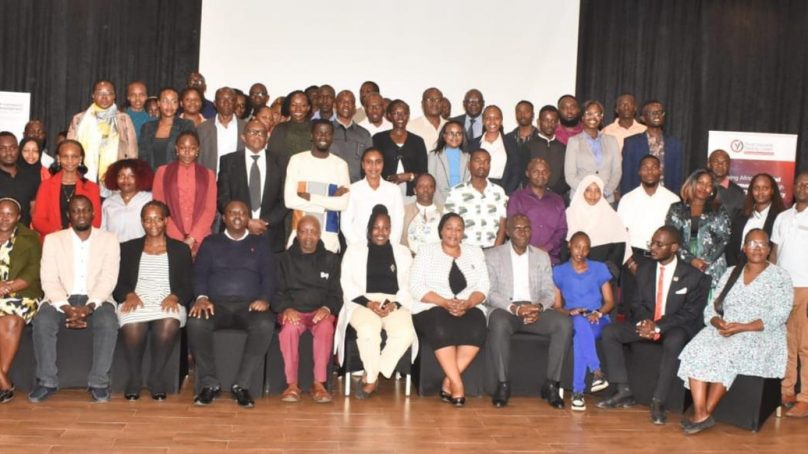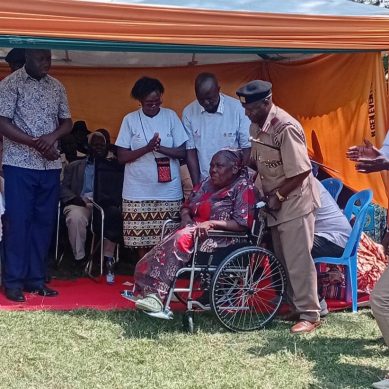
Kenya and the United Kingdom have endorsed reforms to 23 pieces of law on Information, Communication and Technology (ICT) as a way of strengthening Kenya’s legal framework on data governance and emerging technologies.
Department for ICT and Digital Economy Principal Secretary John Tanui says the statutes under review range from the Constitution and the Kenya Information and Communication Act to laws on consumer protection, procurement, education, employment, innovation and defence.
In a speech read on his behalf by Secretary for ICT, E-Government and Digital Economy Mary Kerema, Tanui said the reforms were necessary to ensure laws kept pace with technological change and guaranteed inclusivity.
“The statutes we validated prepared us not only for today but also for the next decade of digital disruption,” Tanui said.
He added that protections for women, youth, persons with disability and rural communities must be embedded into the legal frameworks to ensure no one is left behind.
The principal secretary explained that the reforms would safeguard trust, promote innovation and strengthen national sovereignty in the management of data and technology, noting that the review served as both a legal audit and a nation-building process.
Emerging Tech and AI4D Advisor at the British High Commission in Nairobi Wilfred Oluoch said the review followed recommendations of the ICT Sector Working Group report, which identified gaps in existing laws.
He said the ministry of information, communications and the digital economy sought technical support from the British High Commission to harmonise the legal framework.
“When regulations lag behind, innovation becomes risky and sometimes citizens are left unprotected,” Oluoch said.
He noted that the review positioned Kenya to play a leadership role in digital governance across Africa and globally. Oluoch added that the initiative built on more than five years of UK-Kenya collaboration in areas such as cyber resilience, digital inclusion and e-government services.
He said the statutes would provide a roadmap of targeted interventions that could strengthen Kenya’s position in the digital economy, provided they were translated into concrete policy and legislative reforms.
CEO of Viscar David Mulongo noted that the workshop gave Kenyans a chance to examine laws that would shape the country’s digital future.
“You had a chance to interact with these statutes, understand their implications, and contribute to the future of this country,” Mulongo said.
He added that strong data governance and enabling laws formed the foundation for trust and innovation. Mulongo pointed out that emerging technologies such as artificial intelligence, Internet of Things, 5G, blockchain and cloud computing were highly data-sensitive and cross-border in nature, raising concerns around privacy, surveillance, cybersecurity and data ownership.
He noted that globally, artificial intelligence was projected to contribute $15.7 trillion to the economy by 2030, Internet of Things (IoT) $12.5 trillion and blockchain $1.7 trillion.
“The question is, where we shall be as a country?” he asked and called for timely reforms to enable Kenya to benefit from these developments.
Consultant at Viscar Francisca Omunga said Kenya’s digital journey had seen significant innovation, including mobile money and e-filing in the judiciary. She, however, observed that unequal infrastructure and weak legal protections continued to pose challenges.
“We needed a new operating system laws and policies that safeguarded innovation and ensured young innovators were protected,” Omunga said.
The workshop, supported by the UK through the Digital Access Programme, also examined ways of aligning Kenya’s digital transformation with policies such as the Kenya Digital Master Plan and the National AI Strategy.
Stakeholders from government, private sector, academia and development partners agreed that the statutes validated during the forum would be presented to Parliament and other agencies for consideration.
- A Tell Media / KNA report / By Naif Rashid






